First Nations soprano sails into iconic opera role
Nina Korbe has had a clear vision of her trajectory since childhood, but the First Nations soprano’s career continues to throw surprising high notes her way.
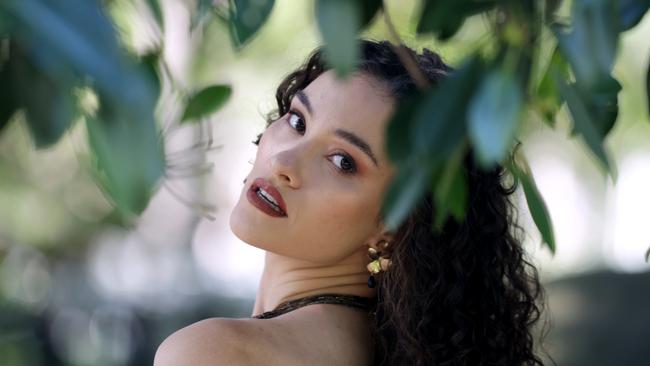
When Nina Korbe was in primary school in Brisbane she announced she would one day attend the Queensland Conservatorium. At the time she didn’t really know what that meant except that she loved singing and she’d heard it was the place to go if you wanted to study music. Not only would Korbe go on to graduate from the Conservatorium with a Bachelor of Music in Performance with Distinction, she would go on to be offered the lead role of Maria in Opera Australia’s upcoming production of West Side Story on Sydney Harbour just a few short years later.
It is a proud moment in the 25-year-old soprano’s life, made all the more poignant for the fact that Korbe is the first First Nations singer to perform this undeniably iconic role.
“It’s an incredible honour but there’s an element of anxiety because I am going to be the example for young performers of colour, from a First Nations background or otherwise,” Korbe says. “But gosh, how lucky am I to be this person! I know if I had seen somebody like me doing this growing up, it would have meant so much. So, if I can give even one young performer the confidence of ‘she did it’, then it’s worth it.”
Korbe is sitting in the boardroom of Opera Australia’s headquarters in Sydney’s Surry Hills when Review catches up with her. An engaging, enthusiastic yet poised presence, Korbe’s determination has clearly played an important role throughout her young life.
Growing up in Queensland – the family moved around with work and to accommodate Korbe’s musical training – music was a consistent presence, be it Nina Simone, Dame Joan Sutherland and Dame Kiri Te Kanawa or the classical music accompaniment to Korbe’s weekly ballet class.
Singing was also a constant. “I’ve always loved singing from a very, very young age,” Korbe says. “I have a vivid memory of being quite young, hanging around the CD player with Mum reading me the lyrics from the (liner notes), she’d teach me the songs and we’d sing it back and forwards. There’s so much music in First Nations culture, too – it’s in the bloodlines.”
Her mother, Kym Korbe, the First Nations liaison and reconciliation action plan manager for the Uniting Church, was a gifted singer herself but gave up pursuing it professionally to care for her parents. “Because Mum had that background there’s always been an incredible amount of support and understanding of what it would take for me to move into the industry,” Korbe says.
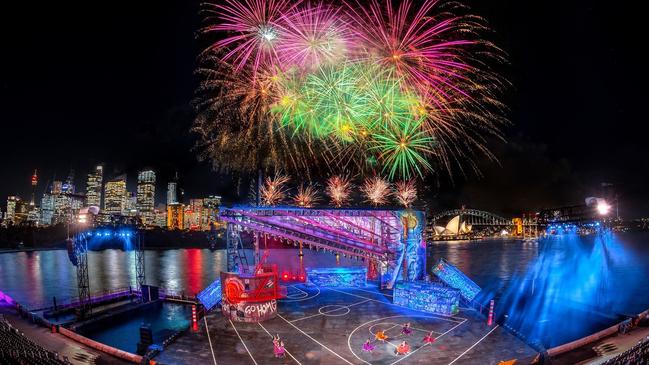
Her high school music training took her from Matthew Flinders Anglican College on the Sunshine Coast to Fairhome College in Toowoomba, which is when she started making the four-hour weekly round trip to Brisbane for lessons at the Conservatorium, before boarding at St Margaret’s Anglican Girls School in year 12 to save on the travel time. It was while living in Toowoomba that she was exposed to Opera Queensland (OQ) through work experience, before being offered roles in the company’s community chorus for productions including La Bohème (2014), Die Fledermaus (2015) and Il Barbiere de Siviglia (2016) among others.
“My trajectory went from there,” she says. In 2016 Korbe was selected as one of four regional scholars with Opera Australia (OA), a highly contested placement that offered her intensive training with OA’s creatives and experts in language and performance, sealing her love of opera.
But it was also during high school when the snide comments began, suggesting her success was due to the colour of her skin and her cultural background. Growing up, there had been few examples of First Nations performers in the opera world, aside from Deborah Cheetham whom Korbe describes as “a trailblazer whose work in the industry cannot be overstated”, but it wasn’t something Korbe had ever thought about, until she did.
“The only time I was confronted with it was in high school. I was very fortunate in getting to go to fabulous schools, partially through scholarships because I was First Nations. But I’d have peers say, ‘You’re only getting these offers because you’re Aboriginal’ or ‘Aren’t you doing so well for someone of your background’, these micro-aggressions that chipped away at me. So for the entirety of my undergraduate studies when I was enrolled as a First Nations student I was certainly not vocal about it. I didn’t want anyone thinking I was only receiving opportunities based on my background. I thought, ‘If this is what you think, let’s take that out of the equation and see how well I do’.”
While studying at the Conservatorium and later the Royal Academy of Music in London she played down her cultural background, determined to be taken on the merits of her singing ability. “By not engaging with that side of my identity I felt a bit safer. I’ve spoken to my aunties about it and they completely agree with that decision; but now I’m at the point where I am strong enough in myself and my identity that I carry the two side by side.
“I became more secure in myself as a performer, confident I could stand next to whoever I was cast opposite and match them.”
Match them she has, being invited to perform with many of the country’s leading ensembles since returning from London mid-2022, including Southern Cross Soloists, Camerata and Queensland Symphony Orchestra (QSO). Today she is the artist in residence at Queensland Youth Orchestra and a young artist with OQ.
When she received an email from OA inviting her to audition for Maria in West Side Story she was both flattered and delighted. Korbe had auditioned for Maria once before, when OA first produced the musical in 2019, a production that would become the most popular ever staged at Handa Opera on Sydney Harbour.
“I was precocious and way too young for the role but I threw my hat in anyway,” she says sheepishly. Four years later, however, she had the maturity and professional confidence to sail through the first video audition, live call-back and final call-back in Melbourne alongside her would-be Tony, Billy Bourchier, himself a graduate of the Queensland Conservatorium and also a newcomer to OA.
“I got the call when I was on a plane so I landed and saw missed calls from Opera Australia, I’ve never got off a plane so fast and called them back immediately. It was barely contained excitement! I’ve grown up with that musical, I’ve seen the 1961 film, I’ve seen it live, I Feel Pretty is one of the first pieces I ever competed with in an eisteddfod. So to be able to play Maria is so special.”
Conceived, choreographed and composed as a Broadway musical by three of the Great White Way’s most revered figures – Leonard Bernstein, Stephen Sondheim and Jerome Robbins – this modern riff on Shakespeare’s Romeo and Juliet proved a box office hit for OA in 2019, directed by Francesca Zambello with set design by Brian Thomson and costumes by Jennifer Irwin. The 2024 revival production is being looked after by associate director Eric Sean Fogel and music director Guy Simpson with a cast of 44.
“It’s really, really fun, exciting. I think the nerves will hit when I get onto the stage but I’m surrounded by an incredibly supportive and experienced cast and creatives,” says Korbe, adding that Bourchier is “a beautiful person to share the stage with”.
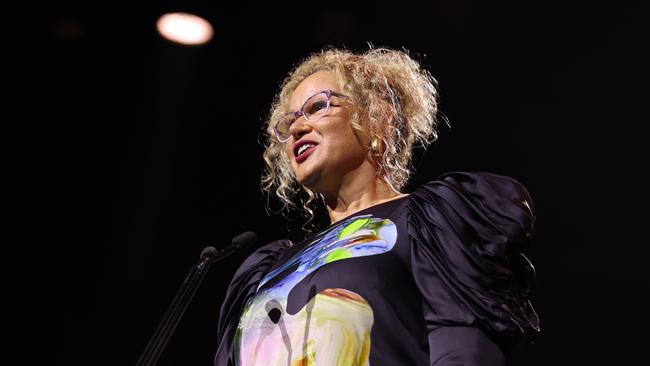
In preparation for the role of Maria, Korbe re-read Romeo and Juliet to see if there were elements of her character she could bring to Maria.
“Something I love about Juliet is her naivety and innocence, she’s quite blinded and very headstrong, which you see a little in Maria as well – that Puerto Rican passion that comes through in her sense of self and defiance. There’s definitely a feeling of being an outsider that I can relate to with Maria. First Nations people all over the world have that shared experience of feeling different and not accepted, even if sometimes growing up you do quite a bit to fit in. There’s something very beautiful about being able to play that character.”
Today Korbe happily refers to herself as a First Nations soprano, a proud Koa, Kuku Yalanji, Wakka Wakka woman. She is also a passionate advocate for First Nations artists in the creative industries.
She regularly consults her community Elders, including her aunty, the actor Leah Purcell who grew up in Cherbourg where Korbe’s grandmother was raised on a mission, but admits the role of advocate didn’t come naturally.
“I didn’t necessarily think I warranted a space there, I didn’t think I was experienced enough or deserved to be there, but I definitely do now. In the last year I was thrust into this position of advocacy, particularly with the voice campaign; people would frequently ask my opinion at formal events, so it became evident I was in a position that gave me an opportunity to speak into the space. I thought, ‘Let’s do it, and see if I can do some good through that’.”
Korbe sits on the board for QYO’s reconciliation action plan and is on QSO’s First Nations advisory board. She is particularly interested in providing a positive role model for children and through QYO is running an excursion program with Cherbourg State School to increase access to the arts for Indigenous students.
“The first time I sang opera in front of them they burst out laughing, which is completely a valid reaction because to them I’m screaming at pitch to them. They settled down after that but I just had to laugh. There’s something so beautifully honest about kids, they’re very direct and open and willing to engage with so many things.”
The program with the Queensland Performing Arts Centre in Brisbane will enable the kids to travel to Brisbane – most for the first time – watch a performance of western classical music and engage with the musicians involved.
“I take it for granted because it’s an industry I’ve grown up in, but the beautiful (school) principal Boyd McLean is passionate about ‘you can’t be what you can’t see’ so I’m trying to demystify that world for them. They’ll watch me perform with QYO in August, Mahler’s Rückert Lieder, definitely not the easiest to start with!”
As she looks forward to other upcoming engagements with OQ’s Festival of Outback Opera in Winton, or Koa, her traditional lands and on to her debut with Victorian Opera in La Rondine, her love for opera remains steadfast: breaking down the stereotypes of opera as old-fashioned and irrelevant; and chasing the rush she only finds performing beautiful music on stage alongside other singers, enveloped in music with the sheer force of an orchestra behind her.
“It’s a thrill I haven’t experienced anywhere else in my life.”
Being able to achieve all this as a First Nations performer is the icing on the cake. “It’s really important to see First Nations performers as having the ability to do anything. Particularly stepping into this role (Maria) but also with all my classical training. There’s so much First Nations performers are capable of, and it’s an honour and a joy to be able to showcase that.”
Opera Australia’s West Side Story runs March 22 – April 21 at Fleet Steps, Mrs Macquarie’s Point, Sydney

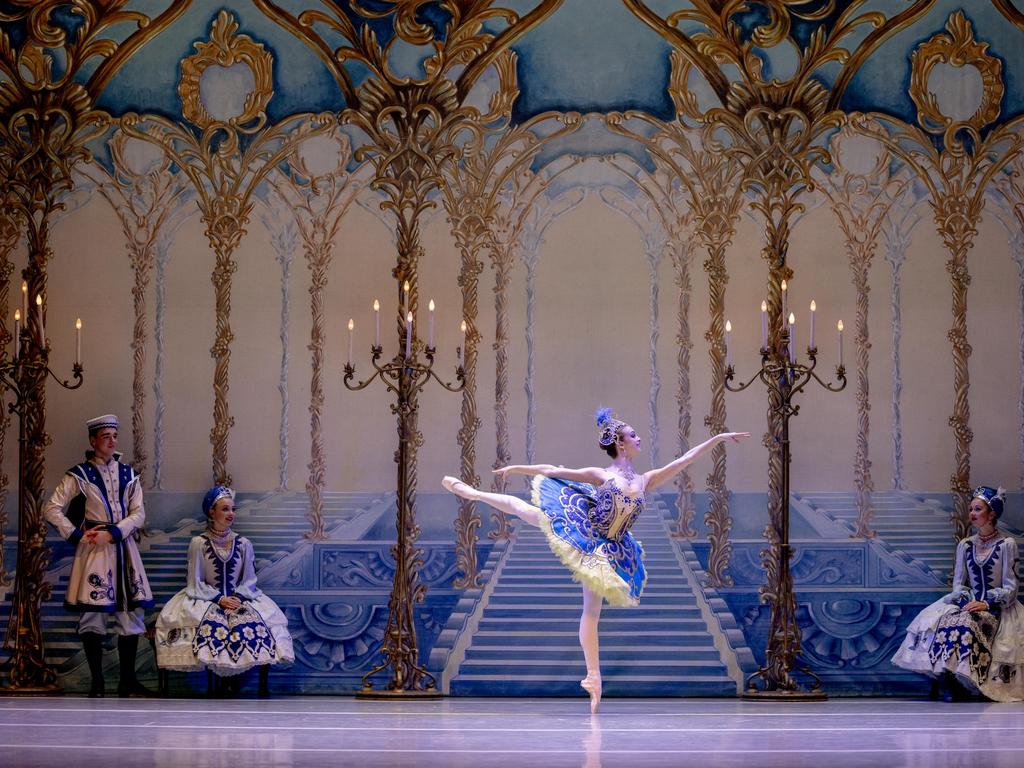
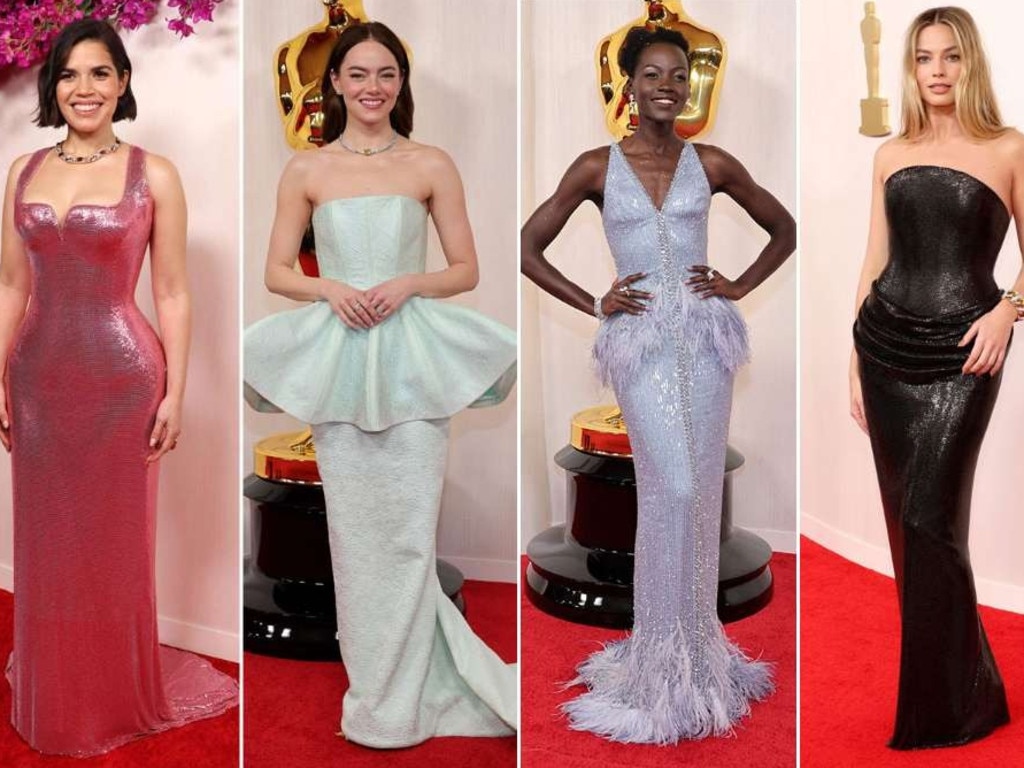


To join the conversation, please log in. Don't have an account? Register
Join the conversation, you are commenting as Logout